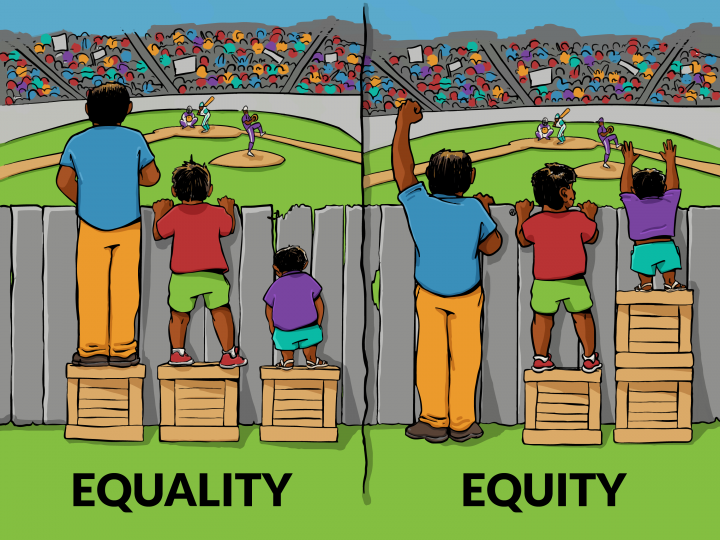We are often told that "everyone is unique", "we are all different" and other such statements meant to convey that we appreciate the differences that make up our community, but when those differences require effort, funding or change, society tends to show a rather different face. In Hehir's "Towards Ending Ableism in Education" he confronts us with the reality of disabled people's educational opportunities. One parent of a disabled student remarked that "while disability is not a tragedy, society's response to disability can have tragic consequences..."
Having to fight for standard educational opportunities is something that any parent of a disabled child must anticipate. Sometimes schools will balk at providing necessary accommodations because of funding, sometimes it is seen as "not fair" (having talk-to-text technology for dyslexic children but not others for example) and sometimes popular ideas and ideologies over-ride effective research based strategies - the move away from ASL to oralism in the deaf community for example. But student rights are protected, and every student in the United States has the right to a Free and Appropriate Public Education, in the Least Restricted Environment. The practical application of these laws is often left to the parents to figure out on their own however. The parent may need to provide diagnosis evidence and petition the school to provide resources, which often relies on the parent to have good knowledge of the legal educational system. It also relies on the parent being willing to label their child. Parents of a child with a learning disability may not want the stigma of an Autism Spectrum Disorder on record, but without it, the school is not obligated to provide any additional services. Hehir noted that not wanting to label children with disability "undoubtedly reflects the deep stigma associated with disability in our culture."
In the video "Examined Life" with Judith Butler and Sanaura Taylor, Sanaura Taylor commented that "a walk can be a dangerous thing". She was born with a syndrome with fused her bones and she uses a wheelchair to take a walk. Her disability is visible and can make her vulnerable. She commented that her disability has the ability to make others deeply uncomfortable. She asked "at what point do we become non-human?" Hate crimes against the visibly different are all around society, and the murder of a young man in Maine simply because he walked differently was highlighted. Sanaura Taylor's point was that society will often help those it deems deserving of help. Why is it a struggle to help those with disabilities? Are they undeserving? Are they not really human? It is a question we should continuously ask ourselves as educators. If everyone is deserving of a Free and Appropriate Public Education, why is it such a fight to get one?
Hehir referred to the Deaf community that had long established itself in Martha's Vineyard. The Deaf community there used ASL and was a highly educated community with many of its members holding heading roles on the island. Literacy rates were high. Though both history and recent research it has been acknowledged that "developing the manual language (ASL) in deaf children is the foundation for literacy and for later educational and occupational success." However, as a focus of oralism and lip reading become popular, this focus on developing manual language declined...alongside deaf literacy rates. The focus on "be like us!" harmed the deaf community and their educational opportunities. Ableism at its worst.
Hehir argues that acknowledging the different abilities of individual people and finding ways to still provide appropriate education and occupational opportunities is our duty as a community. And if we don't, we need to ask ourselves why? Perhaps we don't see everyone as being completely human and deserving. How does that make you feel?


No comments:
Post a Comment